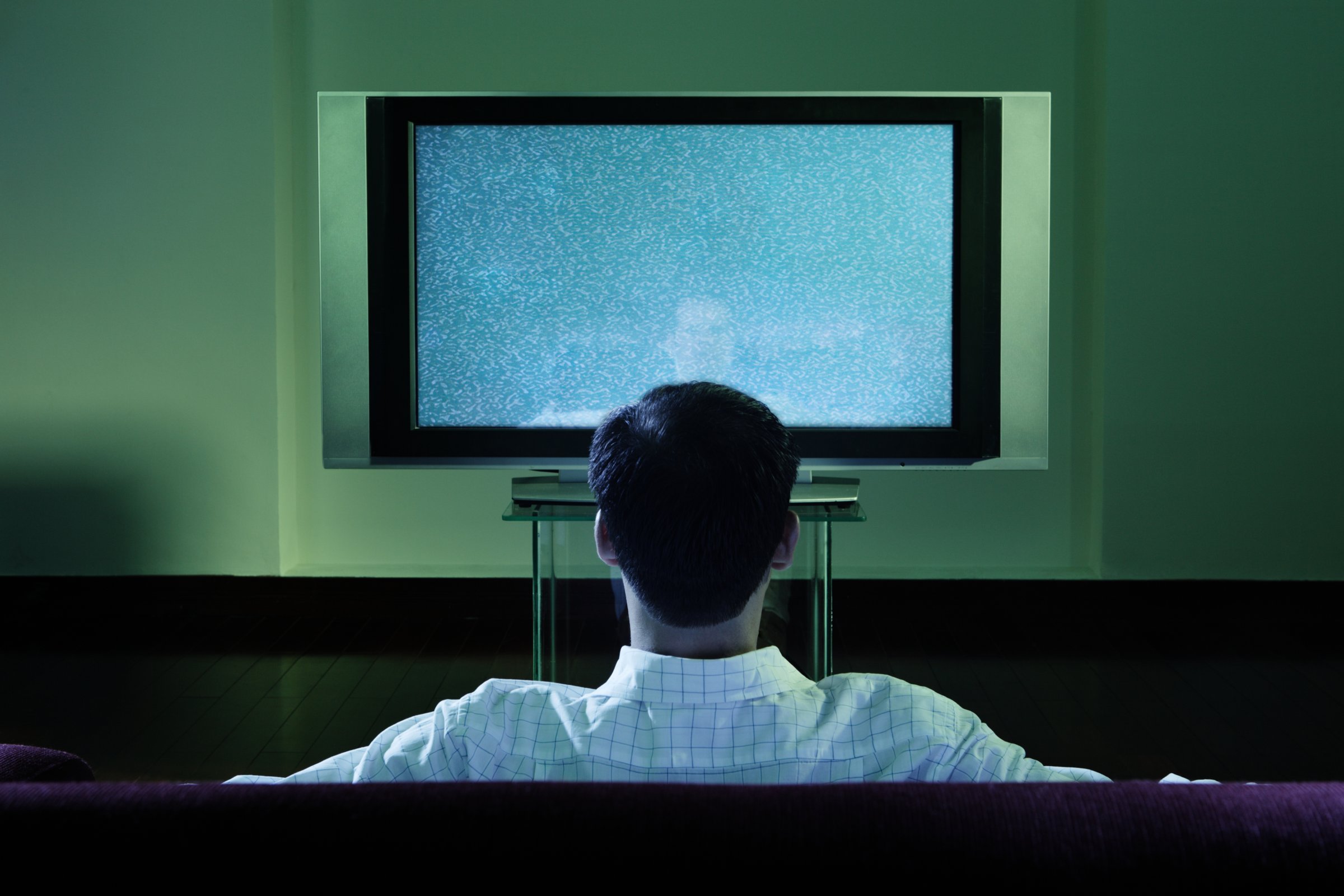
This fall, the presidential candidates won’t be the only political leaders drawing eyes to primetime television. Vice President Joe Biden will make a guest appearance on Law and Order: Special Victims Unit to shine a brighter light on sexual violence. But while shows like SVU are taking steps to be part of the solution, more often than not sexual violence in television is used strictly for entertainment. With premiere season underway, and with the continued national spotlight on this important issue, entertainment television has the opportunity to make a positive difference in the prevention of sexual assault.
For most Americans, television shapes our first impressions of sexual violence, offering both a challenge and an opportunity to series creators. When done well, incorporating sexual violence into a story can effectively bring the issue to the forefront of public conversation, educating viewers about the negative impact on survivors and the role we can all play in preventing sexual violence. However, many programs struggle with how to appropriately treat sexual violence. In many instances, victims are forgotten by the end of an episode and rape is just a blip in the story arc. Or, something exploitative or abusive is brushed off or treated as a “gray area.”
Recently, certain series have been criticized for using sexual violence solely as a plot device. Game of Thrones, for example, has been called out for using Sansa Stark’s rape on her wedding night to give her an additional motive for revenge. Similarly, The Newsroom has been charged with using an episode on campus rape to drive dialogue about one man’s search for journalistic ethics, ultimately overshadowing the incident of sexual assault and the fallout for the victim.
When audiences repeatedly see a sanitized version of this very real and traumatic crime, sexual violence can become a normalized experience, undeserving of serious attention or care.
But the answer isn’t to simply eliminate sexual violence from shows. If we avoid the topic altogether, we risk skirting a serious and widespread problem that’s a reality for millions of women and men across the country. Weaving narratives on sexual violence into popular shows provides a powerful vehicle to raise awareness of the issue and the roles we all can play to prevent it. Doing so can give underrepresented, real-life victims the opportunity to relate to multi-dimensional characters.
So what specifically can program creators do to ensure they’re treating sexual assault in a constructive way?
First, writers, directors and producers should work to humanize victims by giving them strong voices, motivations and hopes beyond their assault. They should consult with experts who work with survivors, or with survivors themselves.
Second, television shows can commit to portraying a more realistic version of rape. Outlander aired an episode last year that focused on a brutal sexual assault, and was lauded for portraying the survivor’s pain and recovery throughout multiple episodes and seasons. By elaborating on survivors’ experiences during and after sexual assault and giving air time to the long-term impact on society as a whole, shows can help educate audiences about how harrowing it can be to report an incident of sexual violence, and provide examples of how to demonstrate support to survivors.
Third and most important, series and their contributors have a tremendous opportunity to join the prevention movement, driving greater momentum through television’s strong presence throughout society. Actors like Mariska Hargitay and Ashley Judd, along with famous guest stars like Vice President Biden, are already using their influence to shed greater light on prevention efforts. It’s time for the broader industry to take part by showcasing examples of healthy consent as well as the heroism of bystanders who intervene and others who stand up against sexual assault.
The influence of television on our cultural values is undeniable. As long as we’re entertained by sexual violence, we’ll continue to tolerate it. We applaud those shows that are using their platforms to advance the national conversation on this issue. It remains to be seen whether this season of television will sustain the normalization of sexual violence or help drive progress in how we address it—but we remain hopeful for the latter.
More Must-Reads From TIME
- The 100 Most Influential People of 2024
- The Revolution of Yulia Navalnaya
- 6 Compliments That Land Every Time
- What's the Deal With the Bitcoin Halving?
- If You're Dating Right Now , You're Brave: Column
- The AI That Could Heal a Divided Internet
- Fallout Is a Brilliant Model for the Future of Video Game Adaptations
- Want Weekly Recs on What to Watch, Read, and More? Sign Up for Worth Your Time
Contact us at letters@time.com